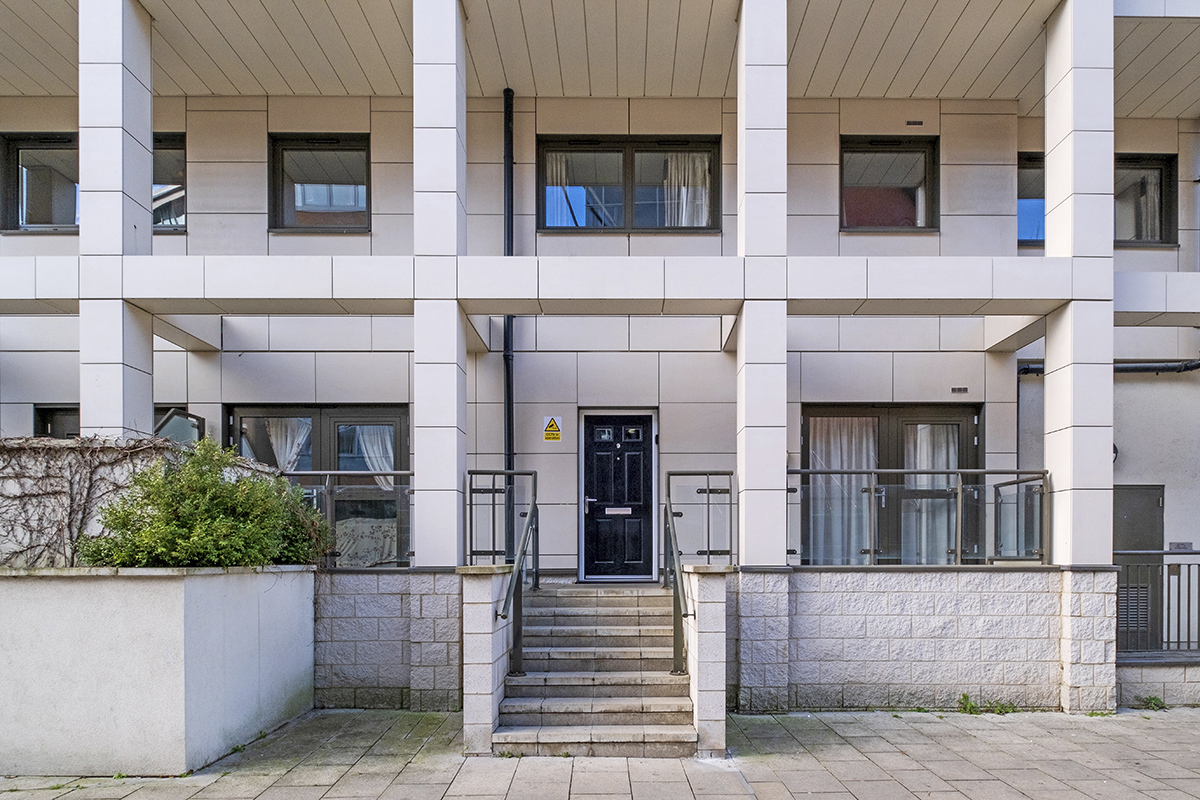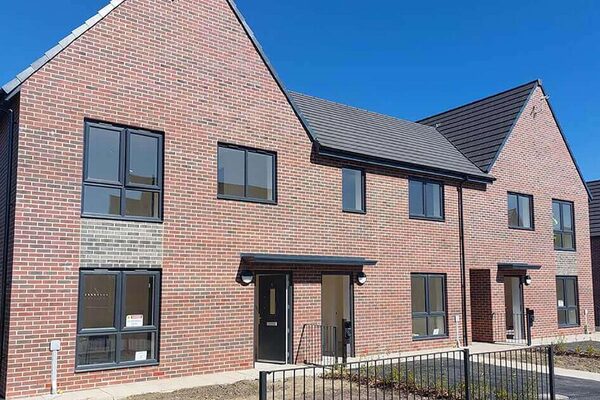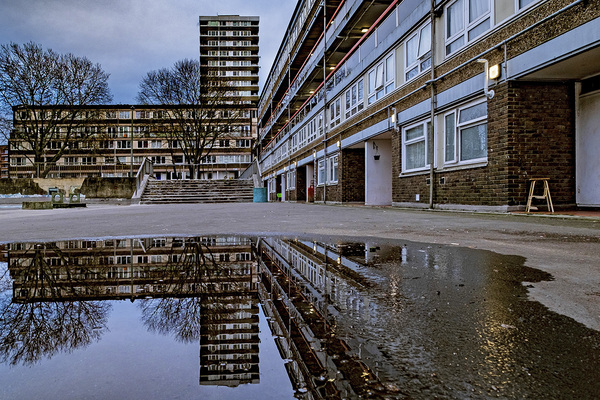You are viewing 1 of your 1 free articles
England missing £25bn in savings to public services each year due to lost social homes, report finds
England is missing £25bn a year in savings to public services due to the 1.4 million social homes lost since 1979, researchers have found.
A report by Sheffield Hallam professor Jim Clifford, commissioned by housing association Hyde, found that England’s 4.2 million social rented homes contribute £77.7bn a year to the national economy in savings for the NHS, councils, police and government.
This figure also includes the economic opportunities created for residents.
However, based on the average value of a social tenancy of £18,051 in 2023-24, at least £25.25bn of value is missing this year from the 1.4 million social homes that have been lost through disposals and conversions to other tenures since 1979.
Researchers compared the savings to the state of someone living in social housing compared with temporary accommodation – or a poor-quality private rented home.
They analysed data for 220,000 social homes provided by six housing associations across England.
These homes – owned by Hyde, A2Dominion, The Guinness Partnership, Metropolitan Thames Valley, Platform and Sovereign Network Group – generated a total of £4.04bn of value from social tenancies in 2023-24.
When the value of building new homes and maintaining existing ones is taken into account, the average value per social tenancy rises to £23,777 a year, or £5.26bn in total across the six landlords.
The report found that England’s 4.2 million social homes save the NHS £19bn a year through improved mental and physical health, fewer GP and A&E visits, and reduced drug and alcohol issues.
The Department for Work and Pensions saves £2.4bn a year, since social renters are more likely to be employed, reducing Universal Credit claims.
Councils save £8bn a year by keeping residents out of temporary accommodation and helping older people stay independent for longer, while the police and justice systems save £9.6bn a year because tenants are less likely to be involved in or victims of crime.
Adults living in social housing are also in work for longer because of the stability of the tenure, meaning England’s social homes generate £35bn for the UK economy. This is because work absences of people living in social housing are about half that of those privately renting.
Furthermore, children living in social housing are more likely to attend school and have improved earning potential, which the report calculated provided an economic boost of £2.5bn a year.
Mr Clifford, also chief executive of Sonnet Impact, said: “Social housing is not just for people struggling to keep their heads above water, coping with health and financial issues. It also brings its stability to those facing employment uncertainty and in-work poverty, and for those in regular employment who manage well, but need that stability to keep doing so.
“The figures in the evaluation are up against those in earlier years as the effects of COVID and the cost of living and fuel crises bite many, and social housing tenants are to some degree cushioned from the worst of that. Social housing, its stability and support, remain a major contributor of value in our local and national economies, and in the lives of real people.”
Hyde urged the government to provide a 10-year index-linked rent settlement for landlords and build 90,000 new social homes each year, a target also called for by Inside Housing, the National Housing Federation and Shelter in our Build Social campaign.
Andy Hulme, chief executive of Hyde, said: “By using detailed real-world data, we’ve been able to paint a picture of a life without social housing and the massive impact this would have to the economy and public services.”
Failing to replace lost social homes, he reiterated, “is costing the economy and society a huge amount each year”.
“The argument for building more social housing is the strongest that it has been since after World War II,” said Stephen Teagle, chief executive of partnerships and regeneration at Vistry Group.
“This independent report further demonstrates the economic and social benefits that would be secured through a long-term plan for providing more affordable homes in the country. What we now need is action from government.”
The Conservative Party and the Department for Levelling Up, Housing and Communities were approached for comment.
Sign up for our development and finance newsletter
Already have an account? Click here to manage your newsletters












